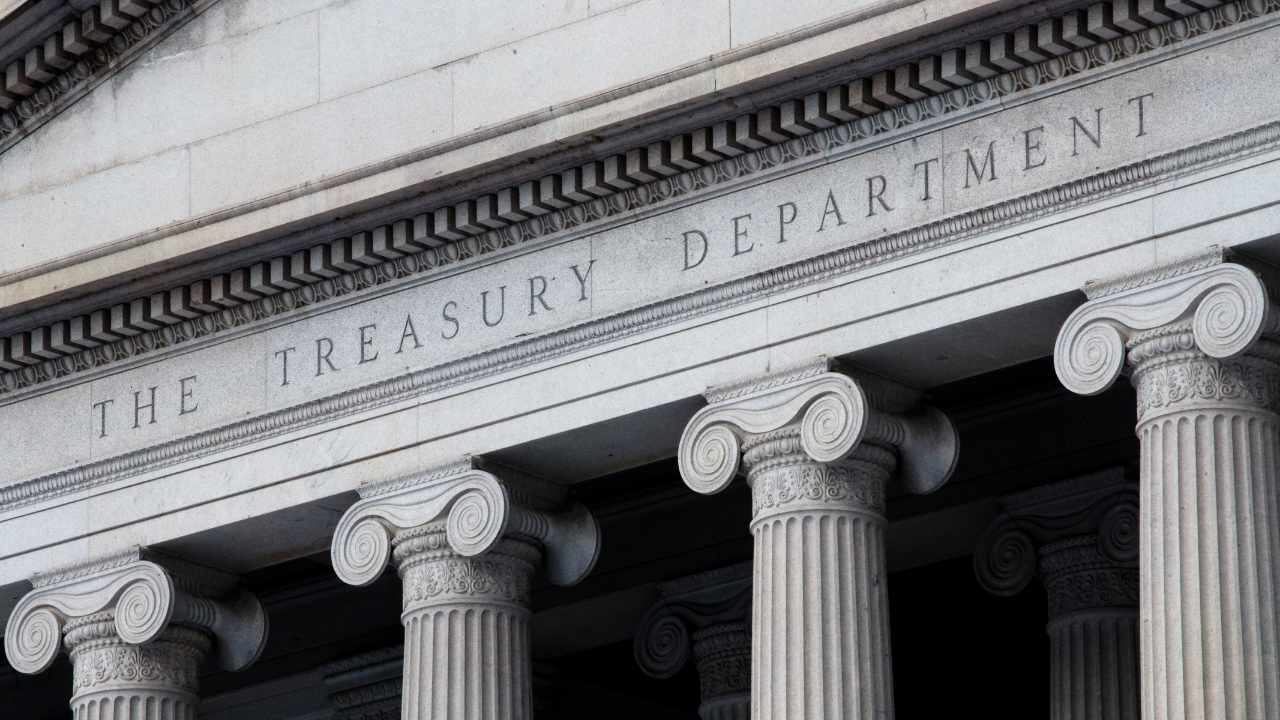
A few questions regarding regulatory compliance in relation to Tornado Cash (a newly sanctioned cryptocurrency mixer) have been answered by the U.S. Department of the Treasury. The answers include how to withdraw crypto or complete transactions initiated using Tornado Cash prior to its sanction and how to deal with “dusting” transactions.
Treasury Department Publishes Tornado Cash FAQs
On Tuesday, the U.S. Department of the Treasury addressed some commonly asked questions about the Tornado Cash sanctioned cryptocurrency-mixing service.
On Aug. 8, the Treasury’s Office of Foreign Assets Control (OFAC) sanctioned the Ethereum-based mixer and prohibited U.S. persons from “engaging in any transaction with Tornado Cash or its blocked property or interests in property.”
One question concerns the ability to execute transactions using Tornado Cash prior to sanction. The Treasury Department provided the following explanations:
U.S. residents or U.S. entities may ask for an OFAC license to use virtual currencies in their transactions.
“U.S. persons should be prepared to provide, at a minimum, all relevant information regarding these transactions with Tornado Cash, including the wallet addresses for the remitter and beneficiary, transaction hashes, the date and time of the transaction(s), as well as the amount(s) of virtual currency,” the Treasury added.
Another question relates to reporting obligations of “dusting” transactions. The Treasury noted that the OFAC is aware that “certain U.S. persons may have received unsolicited and nominal amounts of virtual currency or other virtual assets from Tornado Cash, a practice commonly referred to as ‘dusting.’”
While cautioning that “Technically, OFAC’s regulations would apply to these transactions,” the Treasury explained that if these dusting transactions have no other sanctions nexus besides Tornado Cash:
OFAC does not prioritise enforcement in the absence of timely receipt of first blocking reports or subsequent annual reports regarding blocked property received from U.S. individuals.
The Treasury stressed that “U.S. persons are prohibited from engaging in transactions involving Tornado Cash, including through the virtual currency wallet addresses that OFAC has identified.” However, the authority clarified:
It is permissible to interact with open-source codes in an unprohibited manner with Tornado cash.
Jake Chervinsky, an attorney shared his thoughts on the OFAC’s clarification in a series of tweets. He noted that the FAQs “don’t fully address the collateral damage caused by the designation.” Commenting on the OFAC requiring “each person to file their own individual license request,” Chervinsky said: “That shouldn’t be necessary: U.S. persons shouldn’t have to ‘apply’ for their own money.”
Regarding dusting, he said since victims are required to file initial blocking reports and subsequent annual reports, “Enforcement remains on the table if those reports are delayed.” The lawyer stressed:
Deprioritizing prosecution isn’t enough: OFAC shouldn’t consider prosecuting victims at all.
Coin Center, an organization that focuses on policy issues related to cryptocurrencies and was sanctioned by Tornado Cash, stated that OFAC had exceeded its legal authority.
What do you think about the Treasury’s clarification regarding the mixing service Tornado Cash? Comment below.
Images CreditsShutterstock. Pixabay. Wiki Commons
DisclaimerThis information is provided for educational purposes only. It does not constitute an offer, solicitation, or recommendation of any company, products or services. Bitcoin.com is not a provider of investment, tax, legal or accounting advice. This article does not contain any information, products, or advice that can be used to cause or alleged result in any kind of damage.